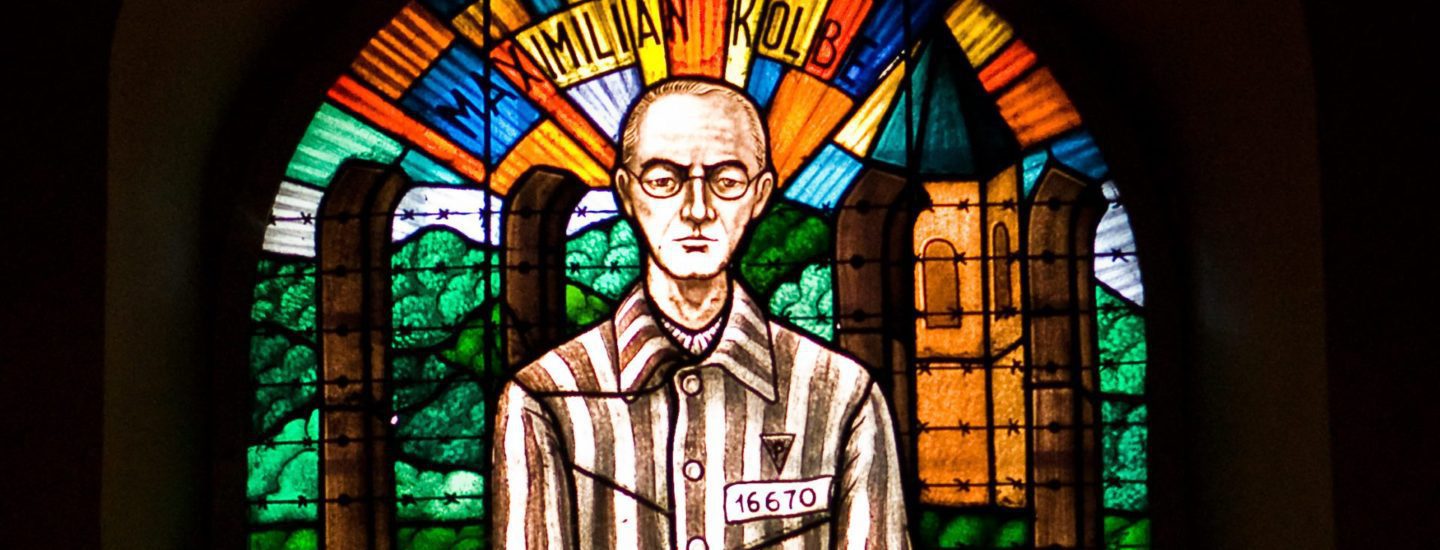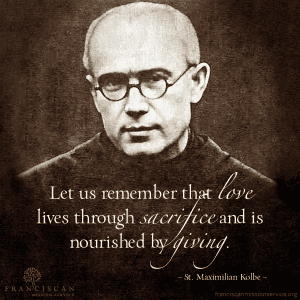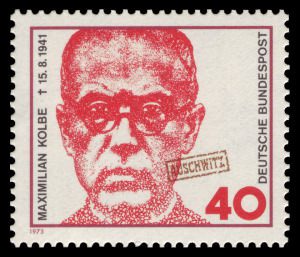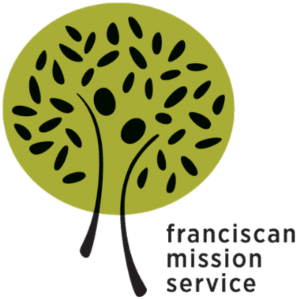Franciscan Feast Day: St. Maximilian Kolbe, martyr of charity

Today we celebrate the feast day of St. Maximilian Kolbe, OFM (Conv), who volunteered to die in place of a stranger in the Nazi German death camp of Auschwitz during World War II.
In 1907, St. Maximilian and his brother Francis illegally crossed the border from Poland to Austro-Hungary in order to enroll at the Conventual Franciscan seminary in Lwow (modern-day Lviv, Ukraine.) It was here that he was given the name Maximilian, later adding the name Maria to emphasize his devotion to the Blessed Mother.

He was born Raymund Kolbe on January 8, 1894 in what was then Russian-controlled Poland. His life was strongly influenced by a vision of the Virgin Mary that he had when he was a child. In the vision, the Blessed Mother offered him two crowns: one white, symbolizing a life of purity, and the other red, symbolizing the death of a martyr. When asked which he would prefer, St. Maximilian said he would accept both.
At the end of July 1941, three prisoners disappeared from the camp, prompting the deputy camp commander to pick 10 men to be starved to death in an underground bunker in order to deter further escape attempts. When one of the selected men, Franciszek Gajowniczek, cried out, “My wife! My children!”, St. Maximilian volunteered to take his place.St. Maximilian was one of the first saints to use modern media—including newspapers, radio, and pamphlets—to spread the Catholic faith and speak out against the atrocities of the Nazi regime. These efforts, combined with his sheltering of Jews during World War II, brought him to the attention of the Nazi authorities, who arrested him in 1941 and sent him to the Auschwitz concentration camp.
Perhaps no other modern saint represents the Franciscan values of “accompaniment” and “solidarity with the marginalized” as well as St. Maximilian Kolbe. May his feast day today serve as a reminder to us of how we can integrate these values into our own lives. St. Maximilian Kolbe, martyr of charity, pray for us!In his prison cell, Kolbe celebrated Mass each day and sang hymns with the prisoners. Each time the guards checked on him, he was standing or kneeling in the middle of the cell and looking calmly at those who entered. Soon he was the only man left alive, at which point the guards gave St. Maximilian a lethal injection of carbolic acid. Some who were present say that he raised his left arm and calmly waited for the injection. He was canonized by Pope John Paul II in 1982 and is the patron saint of prisoners, families, and drug addicts.
Tagged in:


